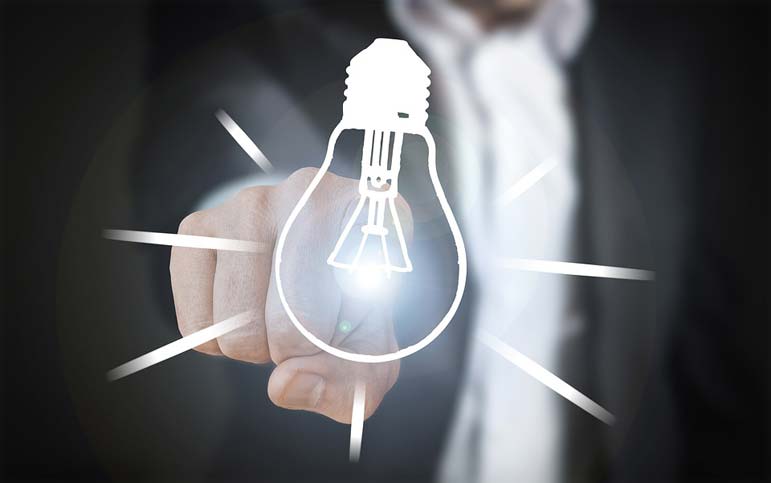
I catch myself getting exasperated with my children sometimes when they don't know things I know. Case in point: If you hide your dirty clothes instead of putting them in the hamper to be washed, you will get up one morning and have nothing to wear. "When will they learn?" I think, as I pull wads of socks and pants from under beds before realizing, oh, that's right - now is when they'll learn.
I may have found out the hard way as a youngster that sneaking a jumbo bag of candy makes me sick, but my children won't believe it until they've done it. They also have to figure out for themselves that putting off projects to the last minute doesn't pay off, that manners matter, that you'll almost always regret cutting your own hair in the mirror with kitchen scissors. It drives me nuts, but that's how it works: Children repeat our mistakes, because they aren't born with their parents' formative experiences baked into their brains.
I've been thinking about this as I read the news lately. Just as our children don't come into the world knowing everything we know, humanity doesn't always move forward with the lessons of the past intact. As the human population keeps turning over, new generations try and fail the same things their predecessors tried and failed. Wars look a lot alike, even centuries apart. Era after era, natural resources dwindle to scarcity, creatures slip into extinction. It doesn't seem to matter what history has proven to us; there's no substitute for learning by experience, apparently.
As kids, we operate under delusions of immortality, believing we're impervious to harm. When grownups say, "Don't touch that, you'll hurt yourself," we put a hand to the hot stove anyway. It's only when we get burned that we believe danger can reach us. Our parents did it, our children do it, and their children will do it, too.
I remind myself that if I could fold the ribbon of time, I'd see that my children are learning exactly what I learned at their age. They're just where they should be.
And I try to find compassion for all of us humans - world leaders and citizens alike - as we do what humans before us did, as we mistreat the Earth and each other as if we've never learned that our actions have repercussions. Still, although humanity regenerates and heals, I worry, because some wounds accumulate. How much pollution can be absorbed by our atmosphere and blood by our soil? How many stubborn, redundant errors can we make until the tragic combination of an age-old mistake and newly minted technology enables us to do permanent damage to both our planet and our species?
If history repeats itself because we think we're smarter or luckier than our ancestors, then we're no less naively cocky than kids.
But perhaps that arrogance could work in our favor. Look at the flip side of cockiness: It's overconfidence built on crazy optimism. We believe our undertakings will succeed - despite past evidence to the contrary - which means we must really want, on some level, for things to turn out well.
Maybe we could try to remind each other of our optimism. Maybe our collective consciousness could reach back into mankind's memory and pull out a lesson the human race has already learned so that we don't have to suffer the consequences of it again. Maybe, if we want it hard enough, we can help each other break the cycle of not-learning and let go of this reckless belief that we know better than everyone who came before.
To start, we could take our blinders off and put our reading glasses on. In the same way books increase a person's capacity for empathy by helping them understand the lives of others, reading helps us learn from the past by bringing it to life in the present. We have natural histories. We have biographies. We have Anne Frank's diary, for Pete's sake. Books helps us remember, as a people, the past we may not each remember personally.
Professor Yuval Noah Harari followed up the bestselling "Sapiens: A Brief History of Humankind" with the chilling "Homo Deus: A Brief History of Tomorrow", in which he looks from our past into a possible vision of our future, an apocalyptic scenario that unfolds when we don't take a long view of our relationships with science, data and each other. It's a mind-bending read that, if nothing else, solidifies the notion that making good decisions in our present requires looking both our past and our future in the eyes.
If we read and discuss what we've read, perhaps we can inch the human race wisely forward rather than slide it ceaselessly back or push it over a cliff. Could we try that, for the sake of our grandchildren and their grandchildren? Then they can spend their time mastering those lessons we all have to learn someday (loyalty means something; lying comes back to bite you; tattoos last forever) in a world where it's safe to live and learn.
Philpott is the author of "Penguins with People Problems," as well as the editor of Musing for Parnassus Books and co-host of "A Word on Words" on Nashville Public Television.


 Contact The Editor
Contact The Editor
 Articles By This Author
Articles By This Author